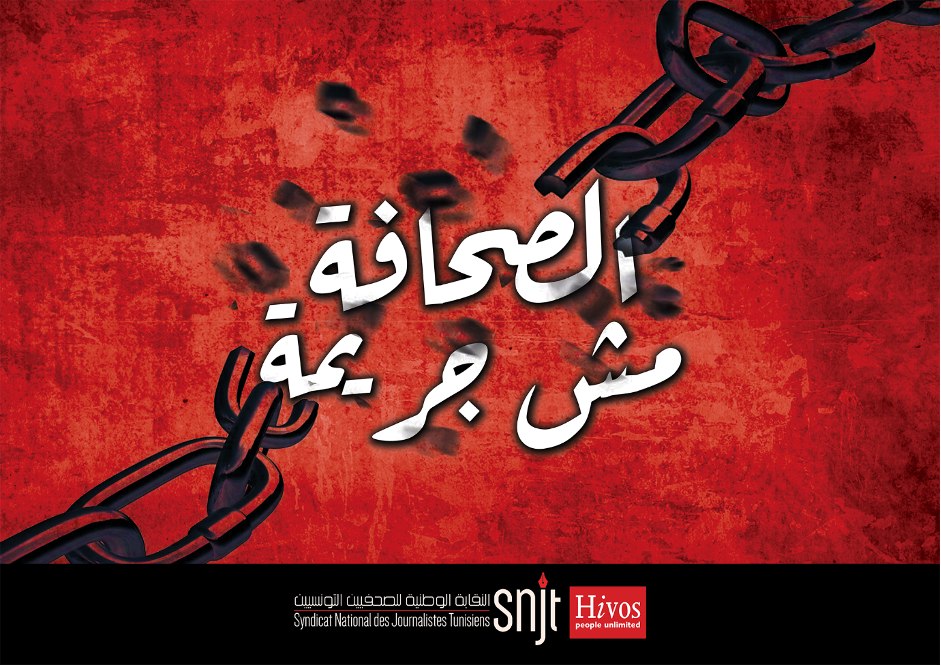The free exchange of information, and the ability of journalists to exercise their right to freedom of expression and to find out facts, are essential in a healthy democracy. It is often their work, uncovering the truth and holding those in positions of power to account, that helps citizens make informed decisions and likewise demand accountability from authorities.
Our new two-year project, Promoting Freedom of Expression and Information in Tunisia, aims to support Tunisian journalists in fulfilling this important responsibility. Implemented in cooperation with the National Union of Tunisian Journalists (SNJT) and other media sector stakeholders, the project furthers ongoing efforts to improve journalists’ and media actors’ ability to effectively exercise their rights to Freedom of Expression (FoE). It also wants to promote participatory and inclusive ways of developing and implementing a strong legal framework that protects freedoms of expression and information. And the project will also campaign to increase the public’s understanding of and support for Freedom of Expression and Access to information (AtI) in Tunisia.
Three main objectives
We don’t only want to see journalists produce accurate journalistic content, but particularly that they become aware of and are able to exercise their rights to FoE, as enshrined in Tunisia’s constitution. Another goal is that policy makers, public officials, media outlets, CSOs and others work together to create better FoE legislation. Finally, citizens – as members of the general public – must also understand the importance of FoE and AtI to the democratic process. They must feel that they, too, can take action to ensure that those in power create a favorable environment for FoE.
Up to a running start
As part of the project, SNJT has already launched its own fact-checking unit to tackle the growing problem of misinformation and fake news in Tunisia and ensure the normalization of fact-checking as a journalistic practice in the country. The unit publishes its work on Twitter and a multilingual Facebook page, “TuniFact – تونس تتحرى” .
To mark World Press Freedom Day on May 3, SNJT launched a campaign stressing the ongoing need for an independent and free press in Tunisia’s democratic transition. After the release of the 2020 World Press Freedom Index, in which Tunisia’s ranking declined to 73 out of 180 countries, SNJT held a press conference to express their deep concerns about the state of freedom of expression and the safety of journalists in Tunisia.
And they’ve also produced a video to raise awareness that was broadcast on public and private TV and radio stations:
Looking ahead
Additional activities planned to support Tunisian journalists will include training on laws that either protect or threaten FoE, data journalism, investigative journalism, information gathering, data processing and visualization techniques.





